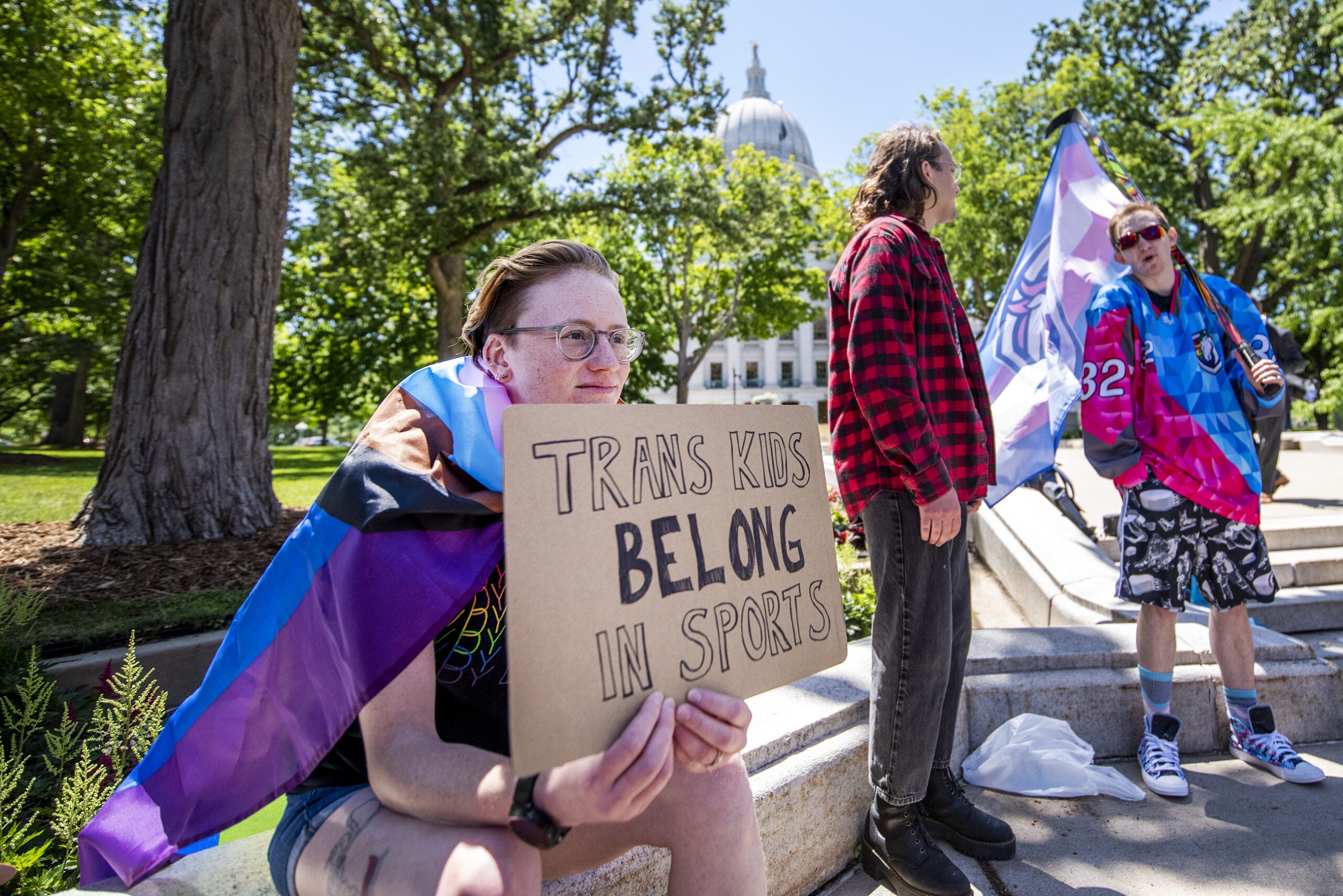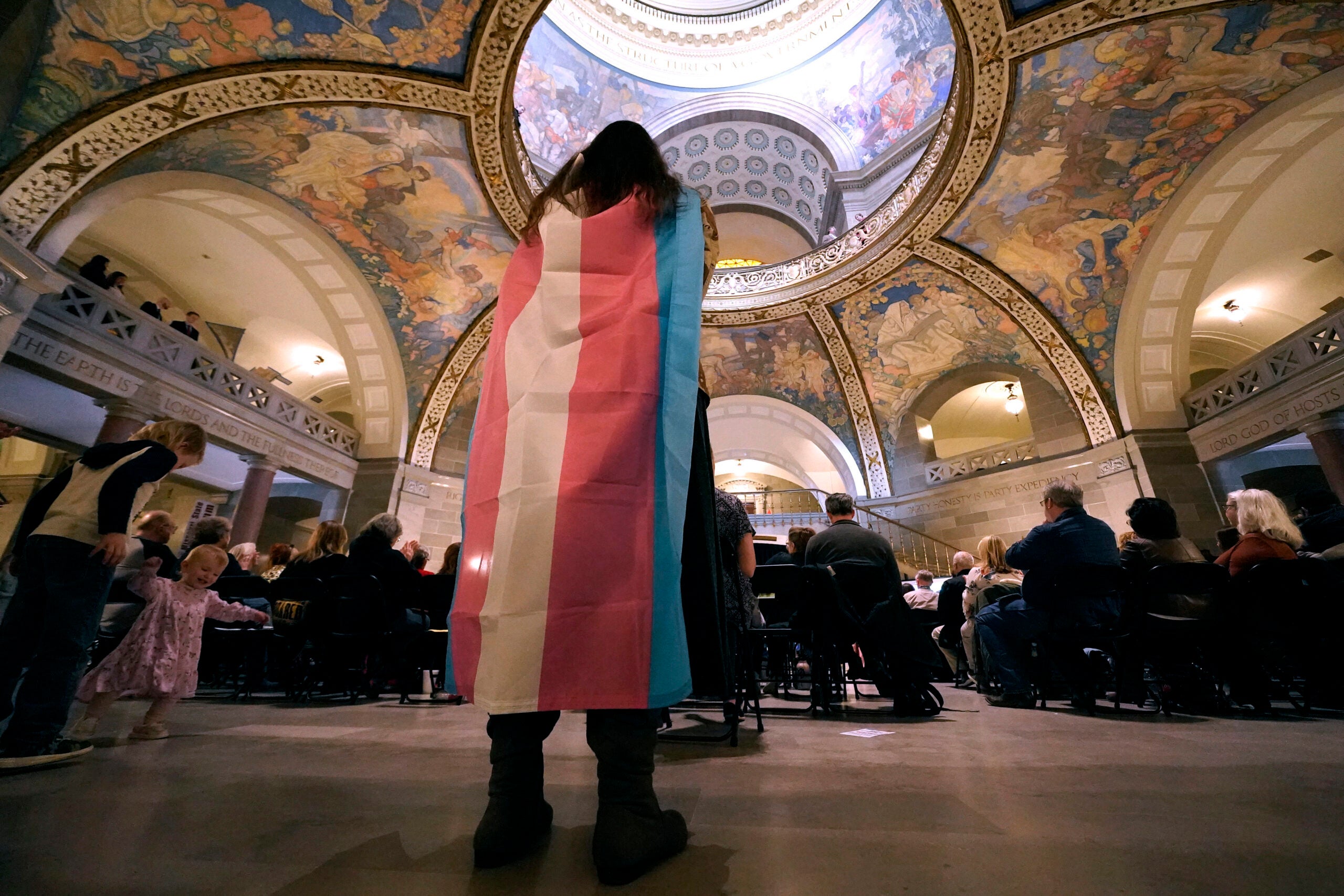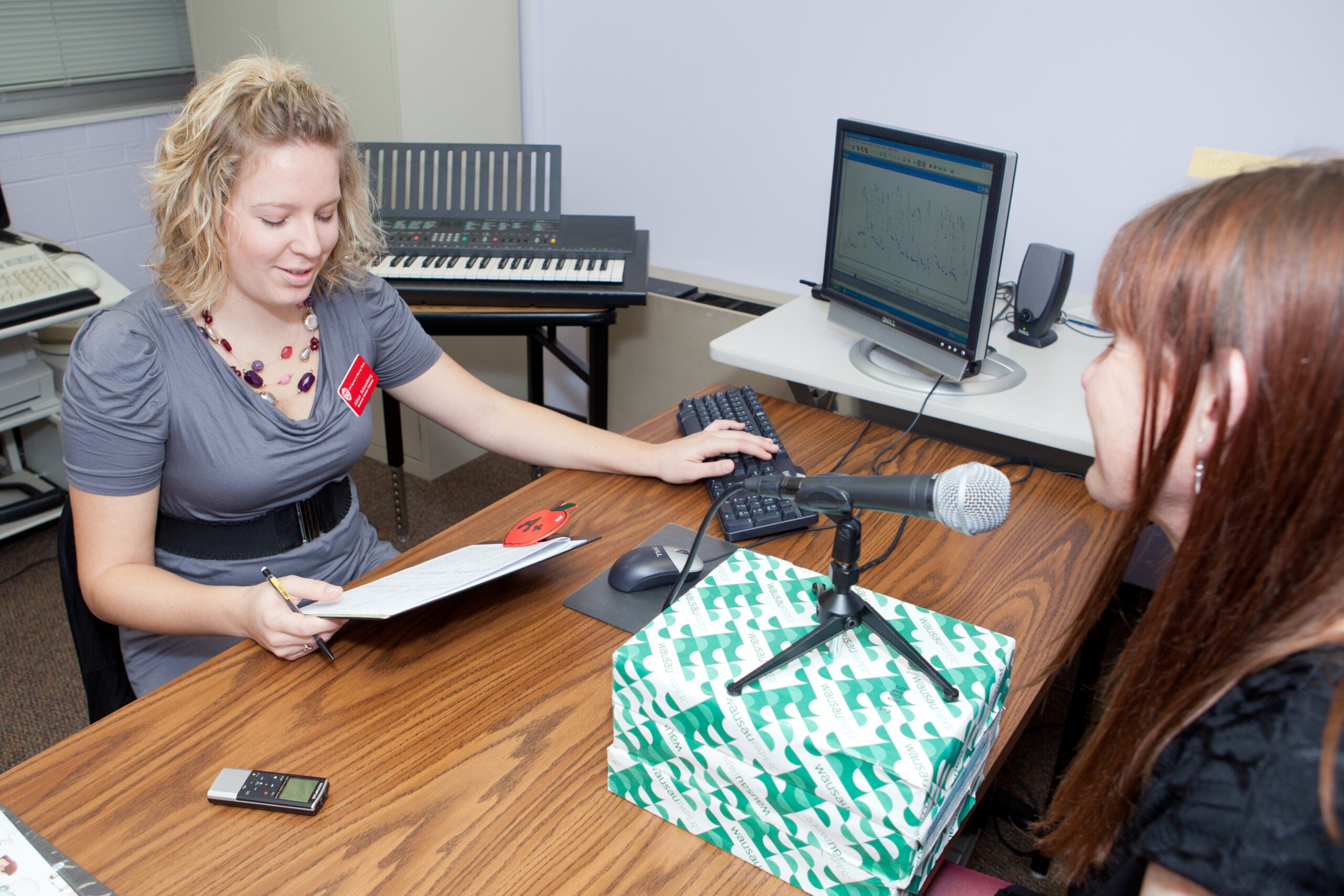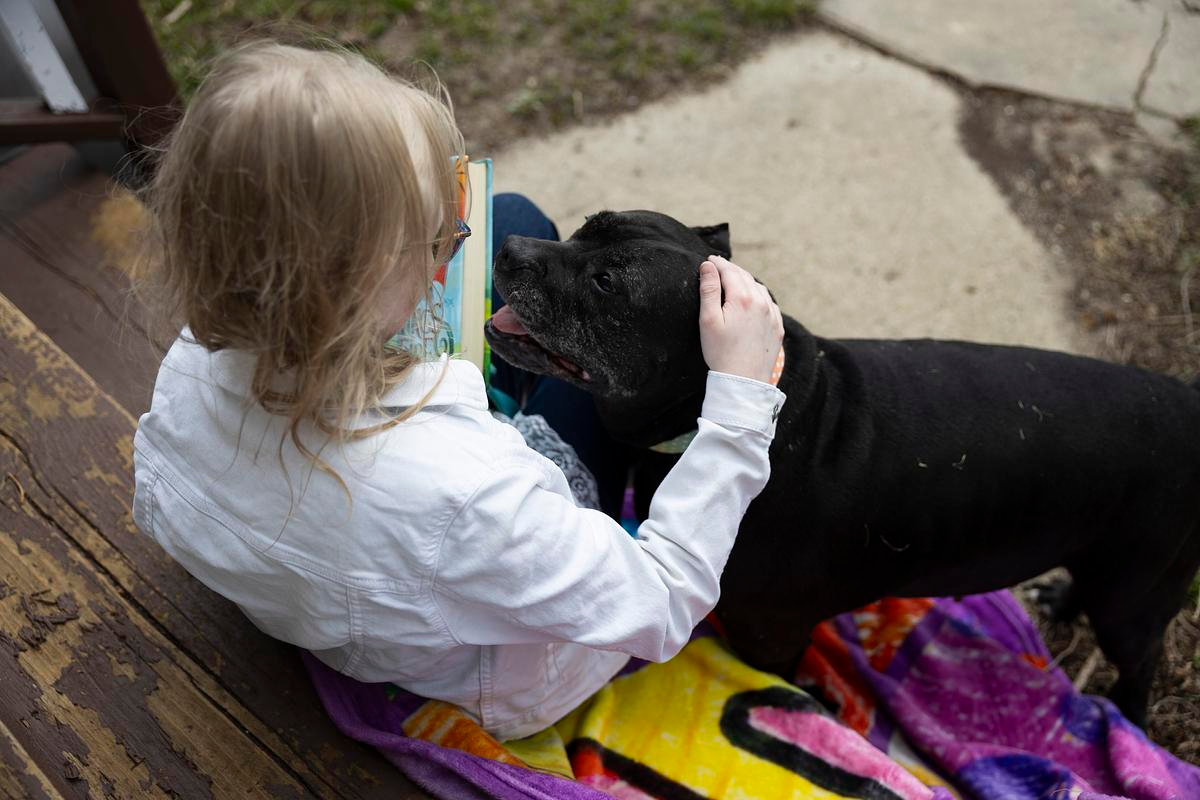As leaders in Wisconsin schools, politics, sports and elsewhere consider policies targeting transgender people, a national survey estimates most transgender people are happier living as a gender different than the one assigned to them at birth.
Policies targeting transgender people are increasingly landing in statehouses, courtrooms and news headlines. But few polls have historically captured the perspectives of transgender people themselves.
The new survey by the Washington Post and the Kaiser Family Foundation surveyed 515 transgender people nationwide about their lives pre- and post-transition.
News with a little more humanity
WPR’s “Wisconsin Today” newsletter keeps you connected to the state you love without feeling overwhelmed. No paywall. No agenda. No corporate filter.
In Wisconsin, the latest flashpoint over transgender people involves a conservative law firm accusing a Sun Prairie school of improper policies for locker room showers. Other attorneys say the case underscores how current laws lack clarity.
Emily Guskin, a polling analyst for The Washington Post, and Josie Caballero, a director with the National Center for Transgender Equality, recently appeared on Wisconsin Public Radio’s “Central Time” to discuss the new survey of transgender people.
“I transitioned at 34 years old,” Caballero said. “I never truly experienced happiness until after I transitioned.”
The following was edited for brevity and clarity.
RF: What is out there already as first-hand research where trans people are talking about themselves?
Josie Caballero: The survey that was done is very critical, because it adds to the preponderance of evidence that is showing that people who transition actually experience a better quality of life. Other surveys have shown this before with the U.S. Transgender Survey in 2015 showing that if you are accepted in your community by family (and) friends, your outcomes with mental health greatly improve.
In fact, we have seen with other surveys, such as the Trevor Project, that when you actually affirm and give people the ability to be accepted (for) who they are, their level of suicidality dropped to no higher than somebody who is not trans.

RF: Here’s a quote from one of the respondents: “The worst day I’ve ever had as a trans person is still better than the best days I had pre-transition.” What are some figures and sentiments you heard from your survey?
Emily Guskin: We found that 78 percent of trans people said that living as a different gender than they were assigned at birth has made them more satisfied with their lives, including more than 4 in 10 who say they are a lot more satisfied.
A lot of people see transition as switching to another gender. We actually found out in the survey that a lot of people are non-binary or don’t choose another gender. They just don’t use the one that they were assigned when they were born. And that has made this vast majority of people feel a lot better. Also, we found that they were more satisfied when they physically presented as a different gender, at least most of the time.
RF: What are the other different meanings of transition?
JC: Transition takes many different flavors, I like to say. People go as far as medical transition, where they take medication hormones and have surgical intervention for them to feel more comfortable in their selves. But also with non-binary community members, it could be as simple as a name change, going by different pronouns or just presenting their outward appearance differently.
EG: We found that most trans people have socially transitioned, which (is) if they changed their clothing, names or pronouns. But far fewer have medically transitioned. Less than a third have used hormone treatments or puberty blockers. About 1 in 6 have undergone gender-affirming surgery or any other surgical treatment to change their physical appearance. So, most trans people who have transitioned are not doing it in surgical or medical ways.
RF: This survey tried to get at trans people’s perception of how others view them. What did you find?
EG: We asked in the survey whether trans people had ever moved to a different part of town or a different city or state because they thought it would be a more accepting place for someone who is trans. And 27 percent said that they had, which is a minority, of course, but still a pretty significant amount of people who said that they moved for more acceptance.
I can imagine that with this increased level of anti-trans legislation in certain states, that number could increase in the future if we were to go back into the field and ask other people what they thought about moving for more acceptance.
Wisconsin Public Radio, © Copyright 2025, Board of Regents of the University of Wisconsin System and Wisconsin Educational Communications Board.







